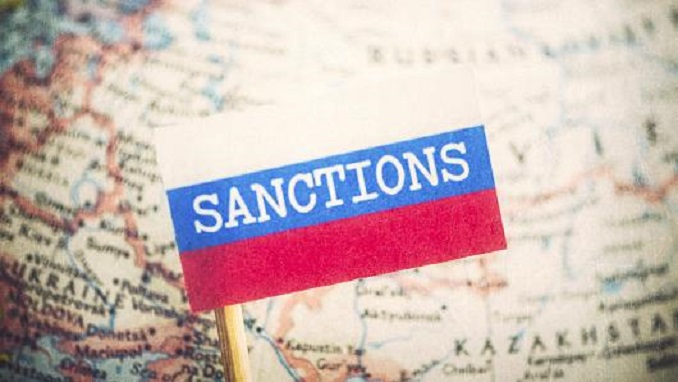The possibility of expansion of U.S. sanctions against Russia and the uncertainty it has caused last year has pushed companies’ share prices lower, prompting investment bankers to suggest their clients should delist from local and international exchanges, Reuters writes.
Russian food retailer Dixy was one of those that decided to delist from the Moscow Exchange last year, while Megafon, Russia’s No.2 phone operator, canceled its London-listed shares and said it would consider doing the same for its Moscow listing.
At the same time, around $4 billion worth of IPOs were delayed in 2018 and while the banking community still expects some of those to eventually come to market, they are suggesting other companies delist.
“Business in Russia is just dying because of the sanctions,” an investment banker from a top-five Russian bank said. “Bankers are actively working on the buyback programs and delistings from international bourses.”
One of the companies approached by bankers last year was Sistema which is listed in Moscow and London, two banking sources and a source close to the company told Reuters.
The banking source said Sistema had decided against delisting its shares due to the high cost of a buyback when its net debt was already 585 billion rubles ($8.85 billion).
2018 was the first year in over a decade without any initial public offerings in Russia, which was once a booming market for equity listings. Companies use share listings to raise cash for business expansion or other purposes but a fall in their share price can trigger early debt repayments or a need to increase collateral held against loans. Public status also requires regular disclosure of information, some of which may be sensitive. All of these issues are solved by delisting, Reuters writes.












